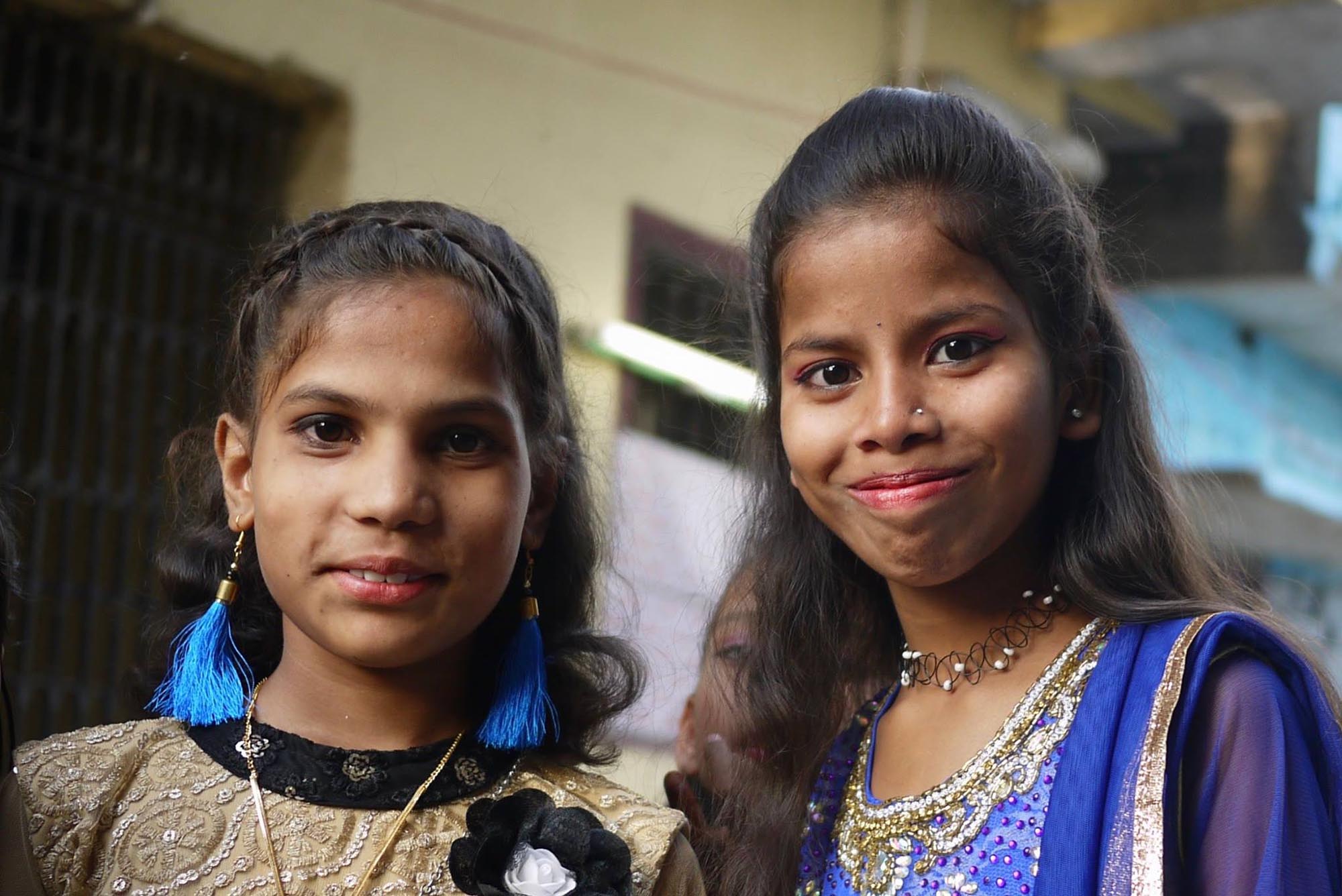One of the primary sources of lead poisoning for children in India is the informal recycling of used lead acid batteries (ULAB), primarily car batteries. In fact, poor people in almost every urban center in the developing world can be found practicing this toxic livelihood, often in back yards and community spaces, unknowingly poisoning their children and families on a daily basis. Nationally, lead poisoning is widespread among India’s children. Existing studies estimate that Indian children under 12 have a mean blood lead level (BLL) of 10 µg/dl. It is estimated that diminished IQ in lead-poisoned children results in a loss of $236.1 billion (12.5% of India’s GDP) in economic productivity every year.
With funding from USAID, the European Commission, ERM and philanthropists, Pure Earth is expanding efforts to stop childhood lead poisoning.
INDIA
275 million children under age 14 have elevated blood lead levels.
275M
The multi-pronged strategy includes:
- Creation of policy recommendations to improve the effectiveness of India’s Battery Management/Handling Rules and its enforcement;
- Research to illustrate the health and economic damage caused by informal battery recycling;
- Four community-based programs to improve industrial practices and remediate lead contamination; and
- A public education campaign to raise awareness of the dangers of lead exposure.
Pure Earth has convened key stakeholders in the public and private sectors who have agreed to update current battery management policies and participate in a study on sources of lead in Bihar.
The first community-based risk mitigation project was launched in Patna in the state of Bihar in 2017. A community education campaign and lead remediation was completed in 2018. Post-intervention blood lead tests of the affected children are underway. Efforts to relocate informal recyclers operating in residential area to an industrial cluster zone is in the planning stages.
PARTNERS
- Public Health Foundation of India
- India Society for Lead Awareness and Research
- India Lead-Zinc Development Association
- NITI-Aayog
- MOEFCC
- CPCB
- International Lead Association
- World Economic Forum’s Global Battery Alliance
- USAID
- UNIDO
- ERM
In February 2020, Pure Earth completed the first lead source apportionment study carried out in India.
RESOURCE LINKS
Project Pages
- Lead Cleanup in Patna, Bihar
- Vellore – Remediation post shutdown of polluting lead battery plant
- Patna – Lead Source Apportionment Research
Blog Posts
- Bihar, India: How we celebrated a community, and helped them take action on lead poisoning (March 2019)
- Looking For Lead? No Problem! (June 2017)
- In Bihar, Toxic Lead 150 Times Over Limit (Feb 2016)
- India’s Lead Problem: More Than Just Instant Noodles (June 2015)
- Two Studies Reveal the Risks of India’s Unseen Pollution Menace (Nov 2014)
- Report from India: Lead Battery Recycling in the Right and Wrong Way (Feb 2014)

